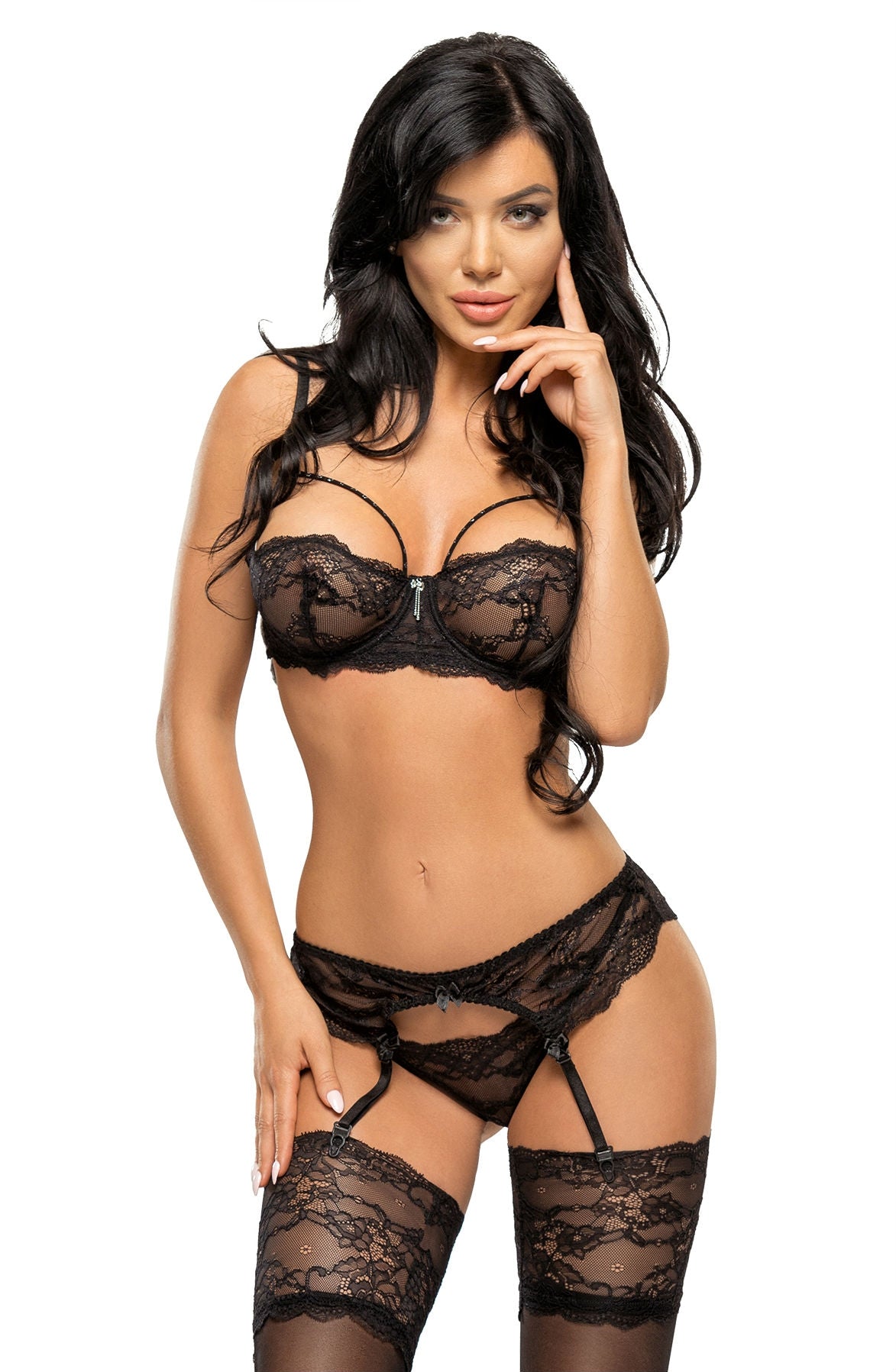There are many ways to sell sexy underwear, from emphasising body positivity, relying solely on sex appeal, implying or showcasing a level of intimacy that makes them alluring or trying to subvert people’s expectations.
The latter is often driven by the idea that bad publicity simply does not exist, and as a result, a lot of lingerie companies from Agent Provocateur to Victoria’s Secret have opted for racy and controversial adverts.
Here are some of the most shocking.
Hope Lingerie
Glamour model and ex-wife of Tom Brady Gisele Bundchen was the face of an advertising campaign so controversial it was banned in Brazil.
Ms Bundchen, representing the Brazillian company Hope, did a series of adverts apologising to an off-screen husband for various accidents and misdeeds, with them getting away with it by wearing only their underwear.
It was either light-hearted and tongue in cheek or perpetuated a truly unacceptable and outdated stereotype, but ultimately the adverts were pulled before a verdict was reached, but not without generating all of the attention they craved.
Jealousy International’s Diana Range
Diana, Princess of Wales was a beloved figure in the United Kingdom known for her charity work, tragic life story and the horrible way in which it ended.
Even several decades after her death in 1997, she is a common talking point, which meant that an advert featuring the late People’s Princess playing a cello in her underwear whilst looking at a young child published on the anniversary of her death was seen to be in somewhat bad taste.
Kylie Minogue For Agent Provocateur
Living very much up to its name, Agent Provocateur produced an advert starring Australian pop princess Kylie Minogue riding a mechanical bull that was absolutely destined to get banned.
This happened as was expected and perhaps intended. However, in doing so, the advert also became a very early viral sensation, setting the template for how controversy would be used in marketing for decades to come.


